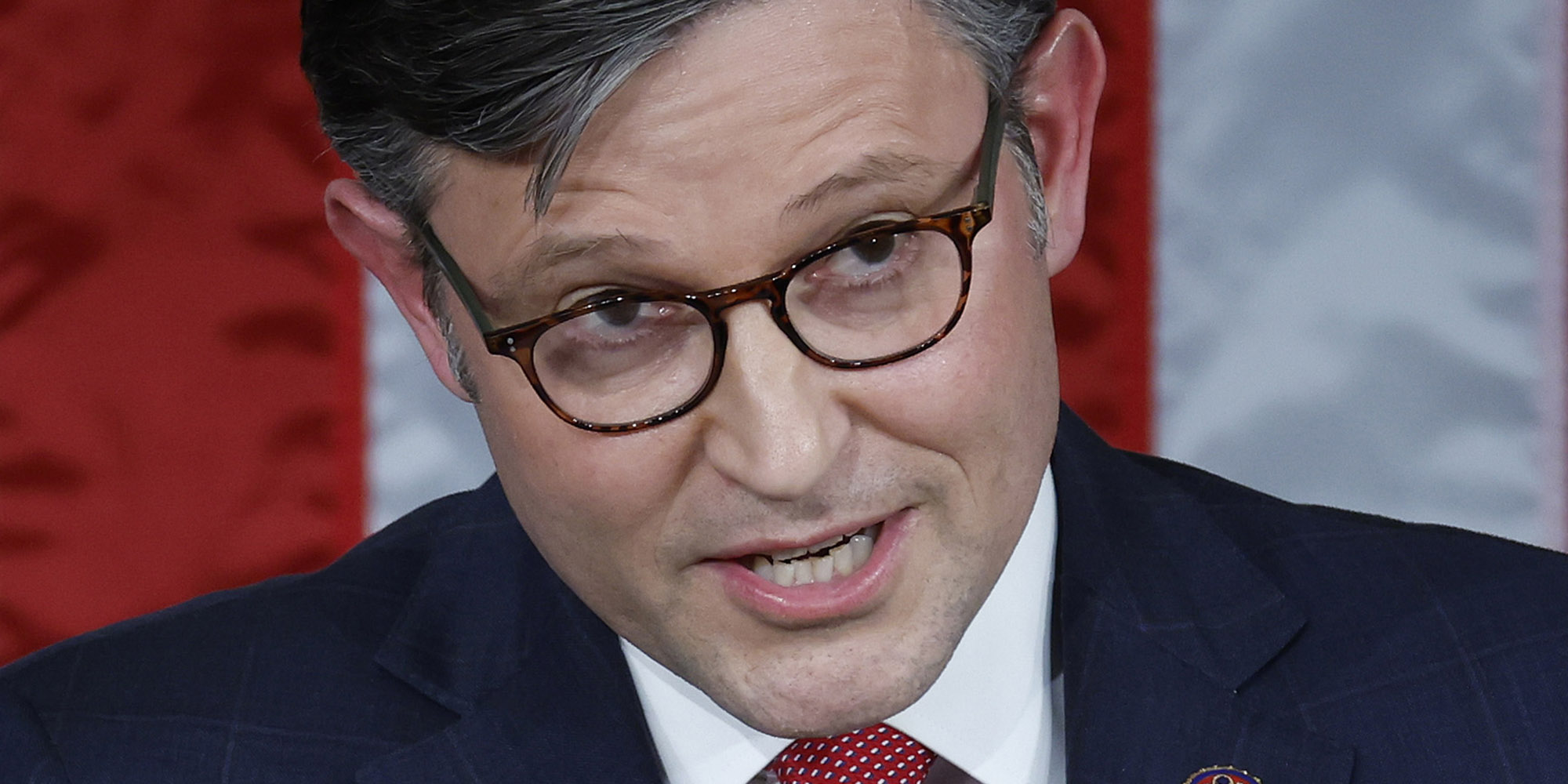The International Monetary Fund (IMF) said shockwaves from the Israel-Hamas war could long reverberate through Middle Eastern economies and had already contributed to a $30-billion rise in their financing needs this year.
Republican senators explore Israel, Ukraine aid without border deal
Key Republican senators are exploring dropping demands for new border restrictions and backing a standalone emergency aid package for Ukraine, Israel and Taiwan.
Republican presidential frontrunner Donald Trump, House Speaker Mike Johnson and other conservatives oppose the border deal, prompting consideration of a Plan B for the overseas aid.
“It would be nice to change the status quo on the border, but if there is not the political support to do that, then I think we should proceed with the rest of the supplemental,” Senator John Cornyn of Texas, a senior Republican, told reporters on Tuesday.
President Joe Biden’s request for billions of dollars in new Ukraine aid has been delayed for months by Republican demands that the funding be tied to new restrictions on the US border.
Democrats, who have long pushed to expedite Ukraine aid, now want a border deal. Dick Durbin, the No 2 Senate Democrat, told reporters the focus is on getting a border deal and there’s no talk of a Ukraine standalone.
Senate Republicans’ second-ranking leader, John Thune of South Dakota, said GOP senators were considering how to proceed in the face of opposition to a border deal from House Republicans. That was likely to include passage of some emergency aid, though it might not be what Biden requested, he said.
“My assumption is there will be an effort to pass something out of here. What the individual components are remains to be seen,” Thune said.
Cornyn said party leaders would have to test whether the votes are there for a border deal or for moving forward without one.
IMF is downbeat on Middle East with funding need at $186bn
The International Monetary Fund (IMF) said shockwaves from the Israel-Hamas war could long reverberate through Middle Eastern economies and had already contributed to a $30-billion rise in their financing needs this year.
Total funding requirements over 2024 now amount to $186-billion for emerging market and middle-income economies in the Middle East and north Africa, according to the IMF, up from $156-billion in 2023. Relative to the fund’s projections in October, that’s an increase equal to about six percentage points of their fiscal revenues, which it said is mostly attributable to Egypt and Tunisia.
The burden is growing as a result of “the deterioration in the current-account situation” and reflects spillovers from the war in Gaza, according to Jihad Azour, the IMF director for the Middle East, north Africa and central Asia. “It’s more that impact than anything else,” he said in an interview on Wednesday.
Apart from the conflict’s toll in lives, the financial strain will worsen the sting for a region that already received the steepest growth downgrade of any in the world in the IMF’s latest global outlook released this week.
Under the assumption that the “high-intensity” phase of the war subsides by the end of this quarter, the Washington-based fund now sees the economies of the Middle East and north Africa expanding by 2.9% this year, a decrease of half a percentage point from its October forecast. Worse may be yet to come if the conflict spreads or drags on.
Israeli officials have said that military operations in Gaza may continue for all of 2024 — and perhaps longer.
“Any extension of the conflict in its duration or expansion into other countries, any pressure on trade or in the security in the oil and gas market may trigger an impact on the outlook,” Azour said.
Hamas attacked Israel on 7 October from Gaza, triggering a war and roiling the wider region.
Since then, US bases in Iraq and Syria have come under regular fire from Iran-supported groups. Hezbollah, also backed by Iran, is exchanging fire with Israeli forces almost daily across the Israel-Lebanon border.
Yemen-based Houthis, meanwhile, have caused mayhem in the shipping world with attacks on vessels around the southern Red Sea. They say they won’t back down until Israel pulls out of Gaza, even after the US and the UK struck their positions in Yemen.
“We started seeing in December last year the first signals” of an increase in the cost of shipping and insurance through the Red Sea, but the drop in trade volumes accelerated at the beginning of 2024, Azour said separately in an online briefing. DM
Read more in Daily Maverick: Israel-Palestine War





